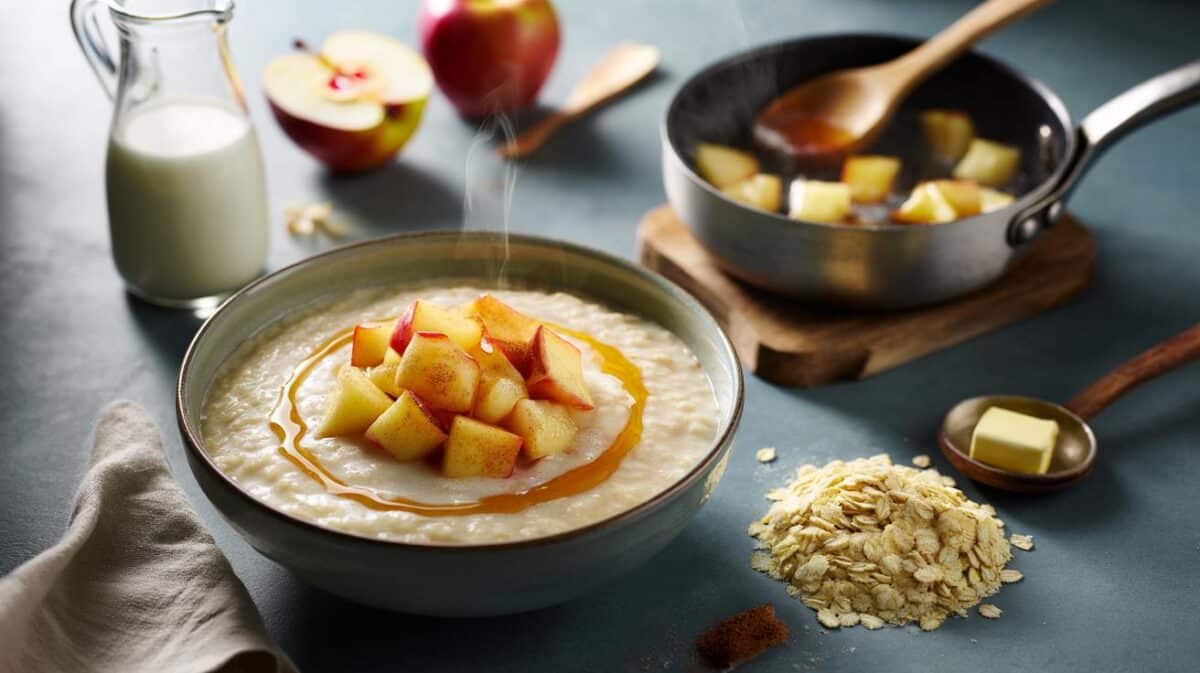What sits on your plate may be steering your gums and pain.
New research from King’s College London points to a simple truth. A Mediterranean-style plate may calm inflammation and protect gum health, while a meaty menu can do the opposite. The findings add teeth to long-standing advice on heart and metabolic health by showing a clear link with periodontitis risk.
What the new study found
Researchers analysed 200 adults enrolled in an oral and dental biobank. The team combined dental examinations with blood tests and detailed diet questionnaires. The aim was to see how food patterns relate to gum disease and inflammatory activity across the body.
People who ate in line with a Mediterranean diet had healthier gums. Those drifting away from that pattern, especially if they ate red meat frequently, tended to show more advanced periodontitis and higher levels of inflammatory markers.
Following a Mediterranean-style diet was associated with up to a 65 per cent lower risk of gum disease and inflammation.
The team reported a consistent picture. Plant-forward plates linked to lower inflammation. Meat-heavy habits linked to worse gum scores and raised inflammatory signals in blood.
Who took part
The study included adults from a UK biobank who agreed to dental checks and blood sampling. The researchers collected self-reported diet data and matched it with clinical measures of periodontal health. The work appears in the Journal of Periodontology.
How diet links to gum inflammation
Periodontitis is a chronic infection of the tissues that hold teeth in place. It often tracks with systemic inflammation. Diet can set the tone for this process. Fibre, polyphenols and healthy fats nourish a more diverse oral and gut microbiome. That can reduce inflammatory triggers that aggravate swollen, bleeding gums.
Diet does not replace brushing and flossing, but it can switch off inflammatory sparks that keep gums angry.
Why olive oil, wholegrains and oily fish help
The Mediterranean diet focuses on plants, wholegrains and healthy fats. That mix offers several dental and immune benefits.
- Olive oil: rich in oleic acid and bioactive compounds that dampen inflammatory pathways.
- Oily fish: salmon, mackerel and sardines supply omega‑3 fatty acids that resolve inflammation.
- Nuts and seeds: walnuts, almonds and flaxseed add omega‑3s, minerals and polyphenols.
- Leafy greens: spinach, kale and rocket support saliva flow and acid neutralisation.
- Citrus and berries: oranges, lemons, cherries and blueberries offer polyphenols that curb plaque activity.
- Wholegrains: oats, brown rice and wholemeal bread provide fibre that steadies blood sugar and reduces inflammatory load.
Red meat and your gums
The study associated frequent red meat intake with more severe gum disease. Several mechanisms may explain this pattern. Red meat meals can push saturated fat intake up. That shift may alter the oral microbiome and fuel inflammatory responses. Cooking methods that char meat can generate advanced glycation end products, which have been linked to tissue irritation. Processed meats add salt and preservatives that do your mouth no favours.
Dialling down red and processed meat may cut inflammatory pressure on gum tissue.
What to put on your plate
| Food group | Favour | Limit |
|---|---|---|
| Fats | Extra‑virgin olive oil, rapeseed oil, nuts, seeds | Butter, ghee, processed spreads |
| Protein | Oily fish twice weekly, pulses, eggs, poultry | Red meat, processed meat, frequent large portions |
| Carbohydrate | Wholegrains: oats, brown rice, wholemeal bread | Refined white bread, sugary cereals |
| Produce | Leafy greens, tomatoes, onions, berries, citrus | Fruit juices, dried fruit in large amounts |
Try these five swaps this week
- Cook with extra‑virgin olive oil instead of butter.
- Eat salmon or mackerel in place of a red meat dinner.
- Choose wholemeal bread and oats instead of white bread and sweet cereals.
- Add a handful of spinach and cherry tomatoes to lunch.
- Snack on a small portion of nuts rather than crisps or biscuits.
Pair diet with daily oral habits
Food shifts work best alongside routine care. Brush twice a day with a fluoride toothpaste. Clean between teeth daily using floss or interdental brushes. Rinse only after 20–30 minutes if you have eaten acidic fruit to protect enamel. Book regular dental check‑ups and hygienist visits. Limit sugary snacks between meals to reduce plaque fuel.
What this means for you
The results underscore a simple message for households across the UK. A Mediterranean‑style basket can take pressure off inflamed gums while supporting heart and metabolic health. You do not need a perfect diet. Consistent, modest swaps can change inflammatory signals that drive bleeding, swelling and tooth loss.
Consider your weekly routine. Aim for at least five portions of fruit and veg a day. Include wholegrains at most meals. Plan for two portions of fish each week, with one from oily varieties. Keep red and processed meat for occasional use and watch portion size. Drink water with meals and keep alcohol within low‑risk guidelines.
What the study cannot tell us yet
The work shows association, not proof of cause. Participants reported their own diets, which can bring recall errors. The researchers studied a specific group of biobank volunteers, which may not reflect every community. Randomised trials can test the effect of a diet change on gum outcomes over time. Even with these limits, the pattern aligns with wider evidence on inflammation and chronic disease.
A practical plan to start today
Make one change at breakfast, lunch and dinner. Stir oats with milk and berries in the morning. Build a lunch with wholemeal pitta, hummus, salad and tinned sardines. Cook a tomato, olive oil and bean stew for supper, with a green side. Add fruit as dessert rather than sweet puddings. Keep floss on the counter so you see it after your meal. Track gum bleeding on a simple calendar to watch progress.
Your mouth is part of your body’s inflammatory story. Change the story by changing the menu.









Fascinating to see gum health tied to a Mediterranean diet. I switched to EVOO and sardines last year and my hygenist noted less bleeding. Correlation isn’t causation, but I’ll take the nudge.
65% lower risk sounds huge — was this controled for smoking, diabetes, and flossing habits? Self-reported diet can be iffy, no?